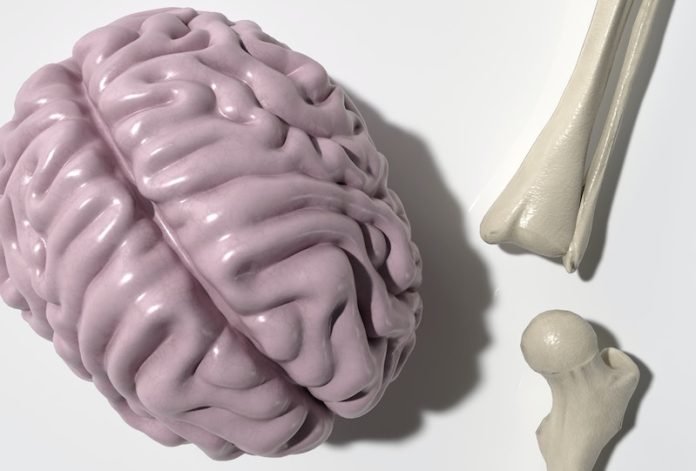
Alzheimer’s disease is synonymous with an insidious decline in memory, cognitive function, and the capability to perform everyday activities, imposing significant burdens on individuals and their caregivers.
The journey of understanding and treating Alzheimer’s is fraught with complexities, largely due to the multifaceted nature of its development and progression.
A New Discovery by the Centenary Institute
Researchers at the Centenary Institute have shed light on a potentially impactful connection between blood vessel health and the evolution of Alzheimer’s disease, offering fresh hope in our collective journey to unravel the mysteries of this devastating condition.
Their findings, shared with the scientific community through the journal GeroScience, introduce a fascinating link between the state of blood vessel cells and the onset and progression of Alzheimer’s.
The linchpin in this discovery is the concept of cellular senescence – a state where cells, in this case, blood vessel cells, age and lose their capacity to function and divide effectively.
Dr. Ka Ka Ting, heading the study, brought attention to specific blood vessel cells, namely endothelial and perivascular cells, that orchestrate the formation of the blood-brain barrier.
The Blood-Brain Barrier: A Crucial Gatekeeper
The blood-brain barrier (BBB) is no less than a sentinel, meticulously regulating the transit of substances between the bloodstream and the brain, shielding the latter from potentially harmful entities, such as toxic and inflammatory molecules.
Trouble arises when this barrier becomes permeable or ‘leaky’, granting undesirable elements access to the brain.
The study highlights that senescent blood vessel cells, particularly those affiliated with the BBB, were more prevalent in Alzheimer’s patients and mouse models of the disease.
Furthermore, these non-functional cells were associated with areas where the BBB was leaking, thereby hinting at a deterioration in its protective capacity, especially in the context of Alzheimer’s development.
Implications and Future Directions in Alzheimer’s Treatment
Dr. Ting and the team hypothesize that these senescent blood vessel cells compromise the integrity of the BBB, potentially amplifying the severity of Alzheimer’s symptoms as the disease progresses by permitting harmful substances to enter the brain.
Herein lies a promising prospect: interventions aimed at enhancing blood vessel health, particularly those safeguarding the BBB, could pave the way for innovative treatment strategies for Alzheimer’s.
This might involve crafting medications that focus on negating the impact of, or eliminating, the senescent cells at the BBB.
Towards a Brighter Future in Alzheimer’s Research
This study not only enhances our understanding of the intimate relationship between Alzheimer’s and cerebral vascular health but also underscores a new direction in our ongoing pursuit of therapeutic avenues for the disease.
By exploring interventions that preserve and fortify the health of blood vessels, especially in the context of the BBB, we edge closer to offering more robust and targeted solutions for individuals grappling with Alzheimer’s, hopefully providing a beacon of hope in navigating through this challenging condition.
If you care about brain health, please see recent studies about antioxidants that could help reduce dementia risk, and Coconut oil could help improve cognitive function in Alzheimer’s.
For more information about brain health, please see recent studies about 9 unhealthy habits that damage your brain, and results showing this stuff in cannabis may protect aging brain, treat Alzheimer’s.
The research findings can be found in GeroScience.
Follow us on Twitter for more articles about this topic.
Copyright © 2023 Knowridge Science Report. All rights reserved.



